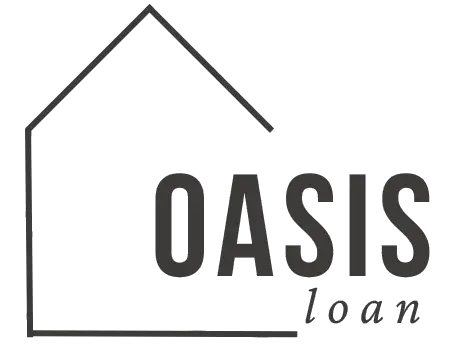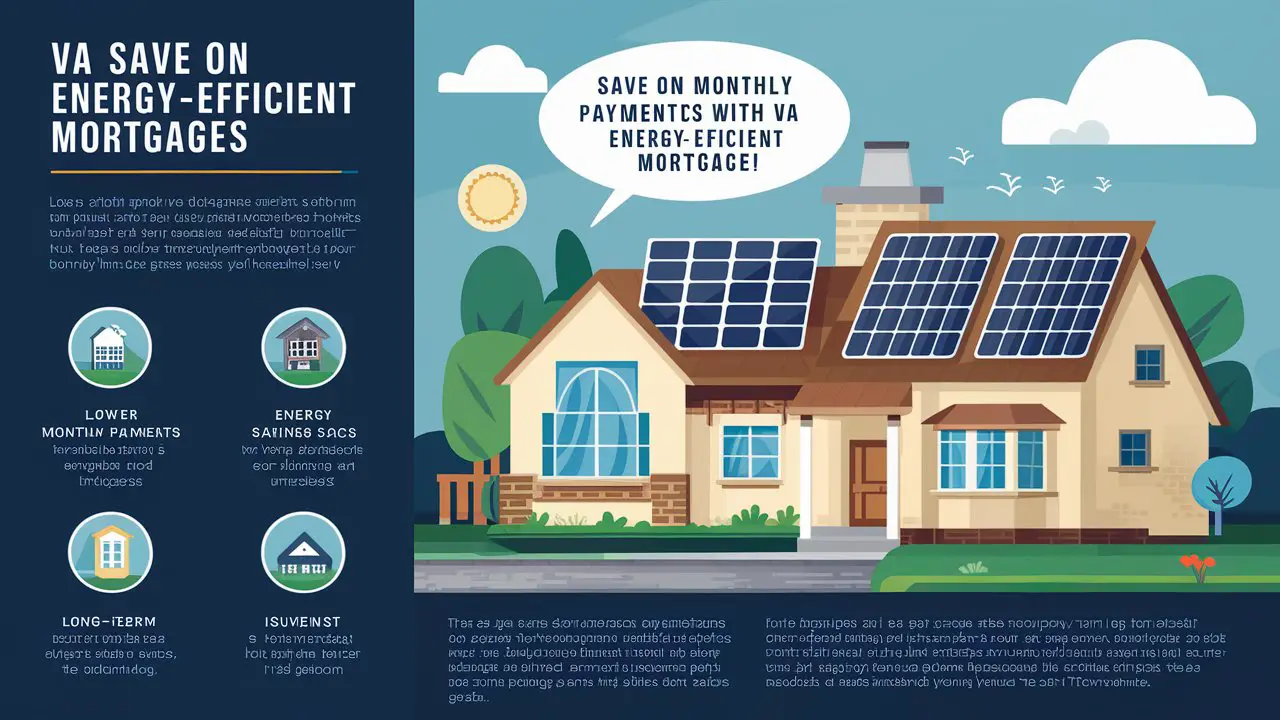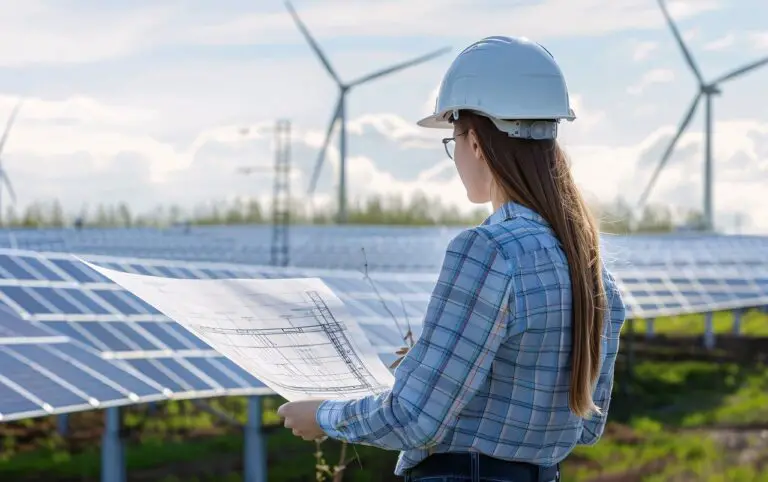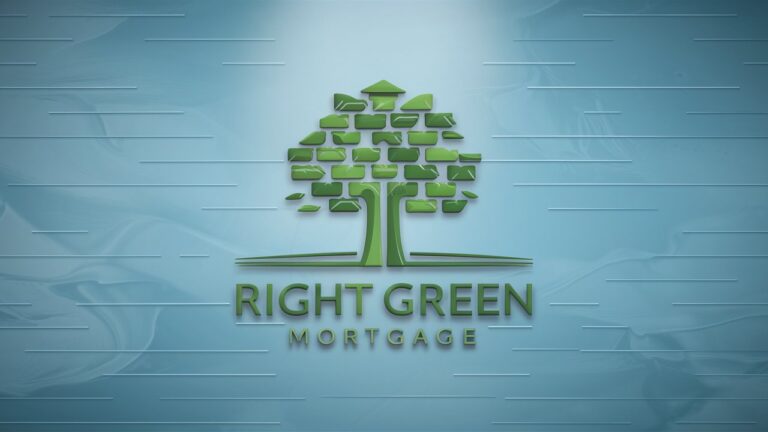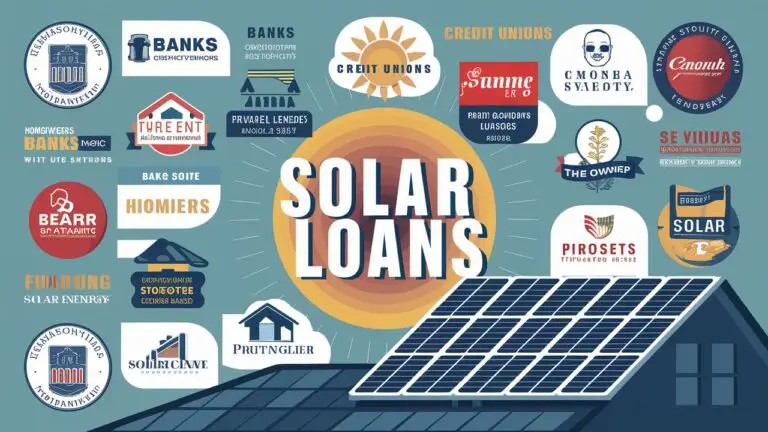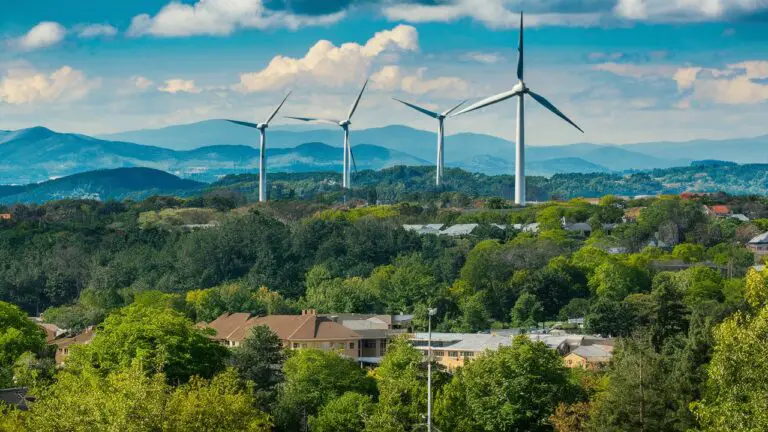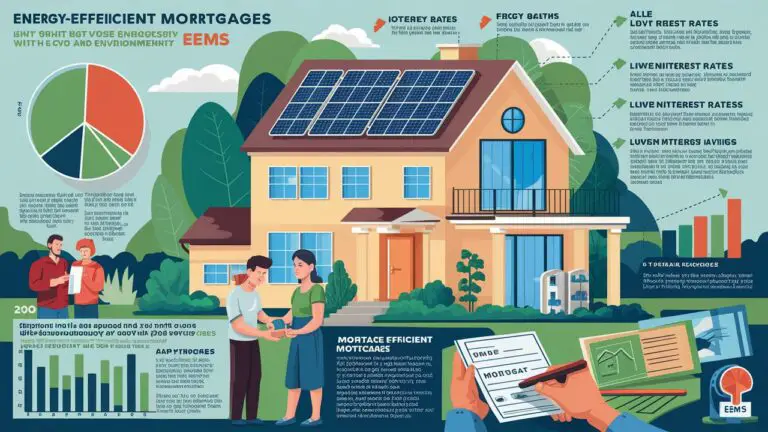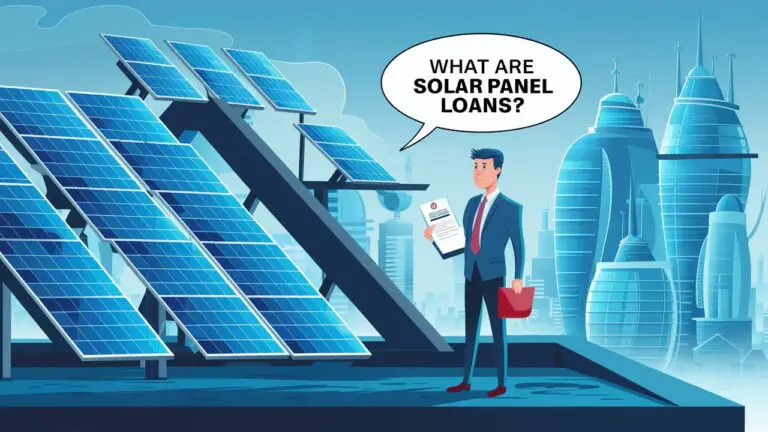Conventional Energy-Efficient Loans
As the world shifts toward sustainable living, energy-efficient loans have become a crucial tool for homeowners looking to make eco-friendly upgrades. These loans, which include options like loans for solar panels and green home improvement loans, provide an affordable way to reduce energy costs and environmental impact. This article explores the various types of conventional energy-efficient loans, their benefits, and how to choose the right one for your needs.
Understanding Conventional Energy-Efficient Loans
What Are Conventional Energy-Efficient Loans?
Conventional energy-efficient loans are traditional mortgage loans that allow borrowers to finance energy-efficient upgrades for their homes. Unlike government-backed loans, these are offered by private lenders and can be customized to fit the borrower’s specific needs.
Key Features of Conventional Energy-Efficient Loans
- Flexible Terms: These loans offer varying terms, including fixed or adjustable rates, allowing borrowers to choose the plan that fits their financial situation.
- Wide Range of Improvements: Borrowers can use these loans for various projects, such as installing solar panels or upgrading insulation, windows, and HVAC systems.
- Increased Property Value: Energy-efficient improvements not only reduce utility costs but also increase the value of your home, making these loans a sound investment.
How Conventional Loans Differ from Government-Backed Options
Government-backed loans, such as FHA Energy Efficient Mortgages (EEMs), are often limited in scope and come with specific requirements. Conventional loans, on the other hand, provide more flexibility, often with fewer restrictions and quicker approval processes. This flexibility makes them ideal for homeowners who want to invest in energy efficiency without navigating complex government programs.
Benefits of Energy-Efficient Loans
Lower Utility Bills
One of the primary benefits of green home improvement loans is the potential to significantly reduce utility bills. By financing energy-efficient upgrades, homeowners can lower their monthly energy costs. For example, installing solar panels can reduce or even eliminate electricity bills, leading to substantial savings over time.
Environmental Impact
Beyond financial savings, energy-efficient loans contribute to a healthier environment. By reducing energy consumption, these loans help decrease carbon footprints, aligning with global sustainability goals. Homeowners who invest in energy-efficient upgrades are playing a crucial role in combating climate change.
Increased Home Value
Investing in energy efficiency can also boost the resale value of your home. According to research, homes with energy-efficient features sell faster and at higher prices than those without. Whether you’re planning to sell in the near future or stay long-term, this increase in property value is a significant benefit.
Tax Incentives and Rebates
Many local and federal programs offer tax incentives or rebates for homeowners who make energy-efficient improvements. By leveraging these programs, borrowers can offset the cost of upgrades, making loans for solar panels and other green projects even more affordable. Always check for available incentives when planning your improvements.
Types of Conventional Energy-Efficient Loans
Loans for Solar Panels
Loans for solar panels are specifically designed to help homeowners finance the purchase and installation of solar energy systems. These loans typically offer favorable terms, such as low-interest rates and long repayment periods, making solar energy more accessible.
- Long-Term Savings: Solar panels can reduce electricity costs significantly over time, with some homeowners seeing up to a 90% reduction in their energy bills.
- Environmental Benefits: By harnessing renewable energy, solar panels reduce reliance on fossil fuels, contributing to a cleaner environment.
- Increased Home Value: Homes with solar energy systems often have higher resale values, as buyers recognize the long-term savings and environmental benefits.
Green Home Improvement Loans
Green home improvement loans cover a broader range of energy-efficient upgrades. These loans can finance projects such as upgrading insulation, replacing old windows with energy-efficient models, or installing energy-saving appliances.
- Comprehensive Upgrades: Unlike solar-specific loans, green home improvement loans allow for a wide array of projects, enabling homeowners to tackle multiple upgrades simultaneously.
- Customizable Terms: These loans often come with flexible repayment options, allowing borrowers to choose the plan that best fits their financial situation.
- Improved Comfort and Health: Energy-efficient homes are not only more comfortable but also healthier, as better insulation and ventilation improve indoor air quality.
Home Equity Loans and Lines of Credit (HELOC)
For homeowners with significant equity, home equity loans or lines of credit (HELOC) can be a smart way to finance energy-efficient improvements. These loans use the home as collateral, often offering lower interest rates than other loan types.
- Access to Large Funds: Home equity loans can provide substantial funding, ideal for large projects like whole-home energy retrofits.
- Tax Deductibility: Interest on home equity loans is often tax-deductible, adding another layer of savings.
- Flexibility: With HELOCs, homeowners can draw funds as needed, making them suitable for ongoing or phased projects.
How to Choose the Right Loan for Your Needs
Assessing Your Energy Efficiency Goals
Before selecting a loan, it’s essential to assess your energy efficiency goals. Are you looking to reduce utility bills with solar panels, or are you interested in comprehensive home improvements? Understanding your priorities will help you choose the right loan.
Evaluating Loan Terms and Conditions
Loan terms can vary significantly, so it’s crucial to evaluate options carefully. Consider factors such as interest rates, repayment periods, and any fees associated with the loan. For example, loans for solar panels might offer longer repayment terms, which can reduce monthly payments but may increase overall interest costs.
Considering Your Financial Situation
Your current financial situation plays a significant role in determining the best loan for your needs. Assess your credit score, existing debt, and monthly budget before committing to a loan. If you have significant home equity, a home equity loan or HELOC might offer the best terms.
Researching Lenders
Not all lenders offer the same products or rates, so shopping around is essential. Look for lenders with a track record of offering green home improvement loans or those who specialize in loans for solar panels. Comparing multiple offers can help you find the best deal.
The Application Process for Energy-Efficient Loans
Preparing Your Application
Applying for an energy-efficient loan requires careful preparation. Gather all necessary documents, including proof of income, credit history, and details about the energy-efficient improvements you plan to make. Being well-prepared can speed up the approval process.
Understanding Loan Approval Criteria
Lenders typically evaluate several factors when approving energy-efficient loans, including your credit score, debt-to-income ratio, and the value of your home. Knowing these criteria can help you gauge your chances of approval and address any potential issues beforehand.
Finalizing the Loan and Starting Your Project
Once approved, the final step is to close the loan and begin your project. Ensure you understand all terms and conditions before signing, and work with reputable contractors to complete your energy-efficient improvements.
Conclusion
Conventional energy-efficient loans offer homeowners an effective way to finance eco-friendly upgrades. Whether you’re looking to install solar panels or make comprehensive home improvements, these loans provide the financial support needed to enhance your home’s energy efficiency. With benefits like lower utility bills, increased property value, and positive environmental impact, green home improvement loans are an investment in both your future and the planet.
